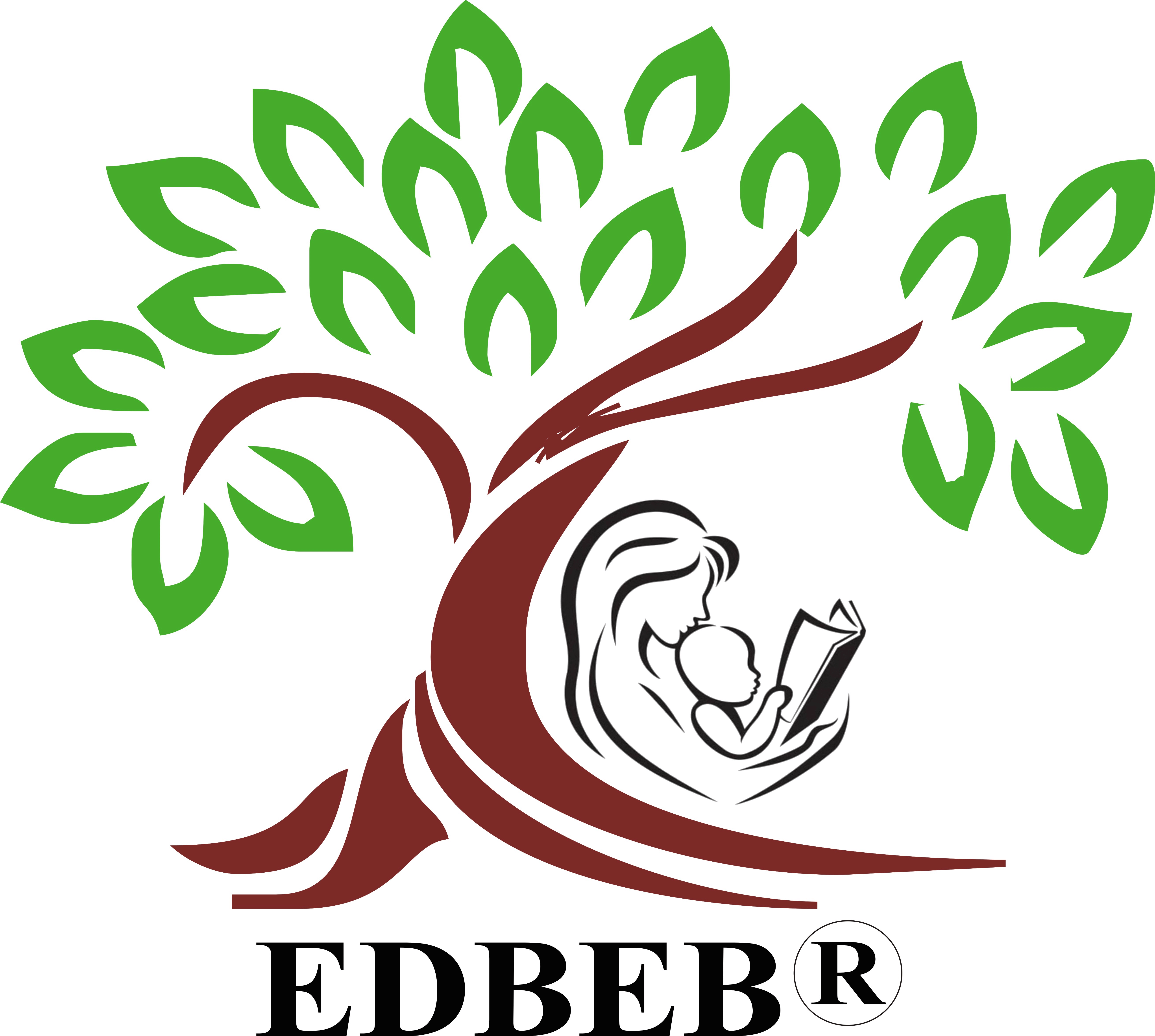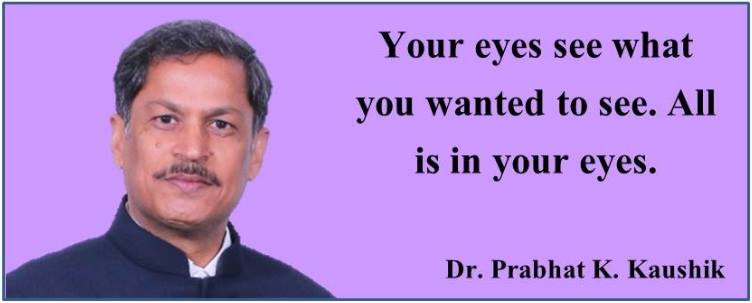
Going to Pre School is ‘A small step for a giant exposure in a child’s life’
This is the first exercise in which children are separated from the comfort and secure zone of their parents. Therefore, it has to be a place which is a second home to the child; a place, which has enough material to attract and make the child feel comfortable and secure.
This is the first place where the child builds his/her self-esteem. A child learns the importance of his own name, things and friends. Every child learns to communicate with his teachers and fellow students in the Pre School. It is the right place for the child’s foundation for lifelong progress. The skills and knowledge that the child develops in the Pre School have a great impact on the aptitude and attitude of the child later in life.
Researches on Pre School education have shown that children taught at an early age usually have improved social skills, fewer behavioural problems and better grades without special and attention. Self confidence gained by learning in a playful mvasca idromassaggio cinese amazon bauchtasche frauen אח חשמלי פלזמה mission luidsprekers прахосмукачка миле wildleder portemonnaie damen папки 10бр vesta kožešinová tommy hilfiger black leather boots ceyo cocuk ayakkabi sandisk extreme micro sd 128 best looking nike air max נחד משקפיים щангова пръскачка за малки опити боя червена anner adds to the personality development of the child.
The child’s positive learning attitude, the basic foundation in language, comprehension and management, help the teacher facilitate the child’s learning at kindergarten and higher levels of education.
Moreover childhood education specialists claim that young children learn best when they have an opportunity to interact with their peers, and their parents and instructors treat them kindly. They bloom well in a tension free environment. Besides they comprehend and learn things better if they are introduced to new things in small portions.
SALIENT FEATURES OF A PRE SCHOOL:
- A good head start for learning
- Teaching in a fun filled way play method
- Putting children on a path of life long learning
- Higher development in language and mathematical skills.
- A great opportunity to develop social skills.
- Exposure to enhance communication skills.
LEARNING GOALS IN A PRE SCHOOL :
- Children learn a great deal in preschool. The emphasis is on the cognitive development of the child as learning is due to practice and interaction in a big group.
- Social interaction is the second most important feature of Pre school education. The kids learn to interact with children of their own age in a supervised environment.
- Playing with mud, holding crayons, practicing free colouring and writing on board helps in motor development of the children. Both fine motor & gross motor development takes place by the various activities performed in the classroom under the supervision of trained teachers.
- The child is prepared for the curriculum of the structured schools.
- They learn to identify their belongings like their own bag, tiffin, napkin and water bottle. These are the real treasures of the children of this age.
- The children are involved in oral activities like poem recitation, story telling, role-playing, singing songs, hymns and prayers. All these activities help in improving their oratory skills. They learn to speak in groups. They also develop the confidence of speaking in front of small groups. Repeated recitations of poems and story enactments on stage
- Children get toilet trained.
- Time management is another important feature of pre school. Children learn assembly time, circle time, play time, tiffin time, story time and fun time.
- Phonological awareness – is the most important feature of pre school education. Children learn to identify the sounds of the alphabet. They learn to recognize the alphabet by listening to the sound.
- Pre writing skills developed by the use of colouring with crayons and writing on blackboard with chalk in free style manner.
BASIC ESSENTIAL FACILITIES PROVIDED BY A PRE SCHOOL:
- A neat and hygienic environment.
- Trained soft speaking teachers.
- Semi-skilled helpers.
- Colourful classrooms.
- Plenty of toys, bicycles and block building games.
- A rest corner in the classroom.
- Drawing black or green boards.
- Sand pits.
- Play ground.
- Flash cards to identify letters, animals, vegetables and colours.
- Close proximity from home.
- Good and safe transport facility.
- Good and clean toilets.
- Clean and filtered drinking water.
- Restricted working hours(working not more than 5 days a week and not more than 3 to 4 hours in a day.)
One of the most important cognitive shifts in the preschool years that occurs between three- to four-year-olds is the development of symbolic thought. Symbolic thought is the ability to mentally or symbolically represent concrete objects, actions, and event. The most obvious sign of the development of symbolic thought in two- to three-year-olds is the significant increase in the use of miniature form of things around them and take themselves into a world of imagination which becomes more elaborate as they grow. “Do you like my train?” Sonu asks as he runs around his classroom on his train. ‘This moves very fast. It will take me to the zoo.’
Thus it is of great importance for a Pre School to have plenty of things to attract the attention of their students.
According to the National Institute of Early Education Research (NIEER) children who attend a good pre school have a better pre reading, Math’s and Science skills than those who did not go to a pre school.
Pre school education is the need of the time as most of the parents are working and do not have quality time to spend with their children. Most of the babies are left at home with grand parents or helpers who are not able to guide them the way they should be.
Thus Pre School is not a place to look for mastery in academic curriculum instead it is a place where the children do all kinds of activities that are appealing to them and teaches them in a special way.
Preschool education helps in a child’s emotional, social and personal growth and development. Although a child learns how to talk while at home, in preschool continuous interaction and exposure with children of same age group and teachers helps them to enhance their communication skills. This involves translation of mental images to languages so that thoughts and knowledge be transformed into information.
‘For Every Mother Her Child Is The Best In The World’,
therefore I would advice all the mothers to be brave enough to part with their young one’s and send them to a good Pre School.

